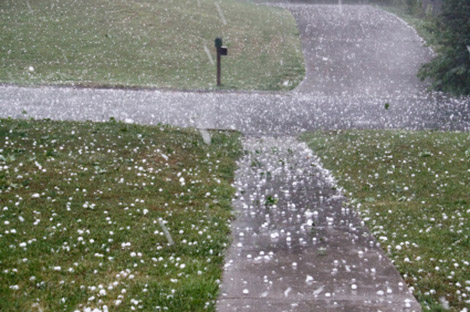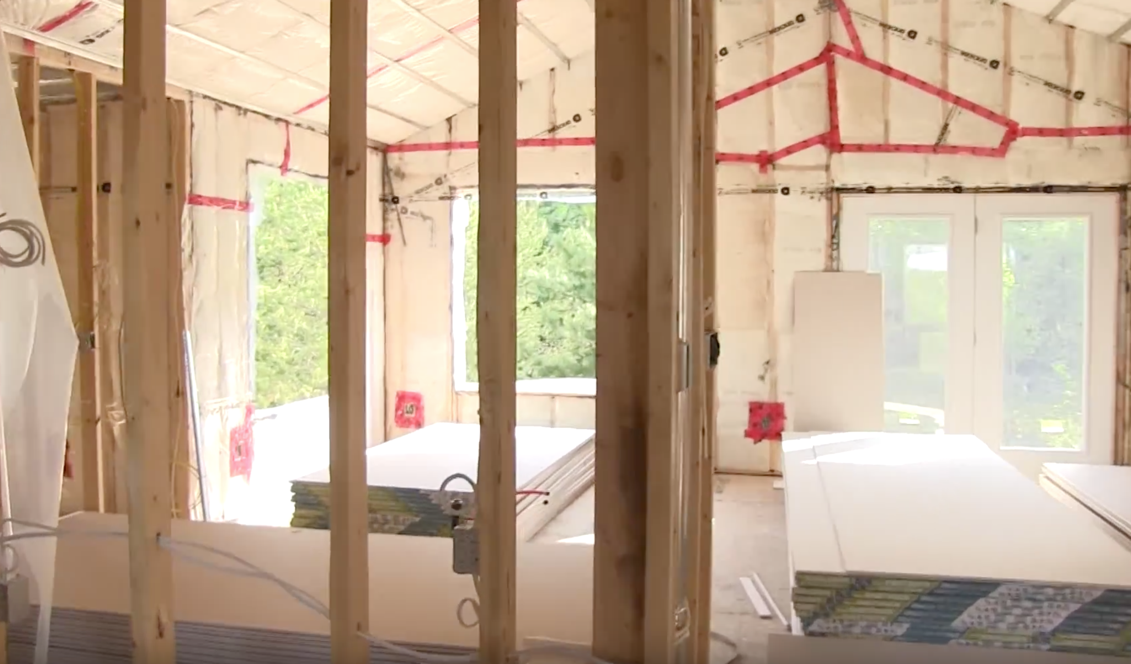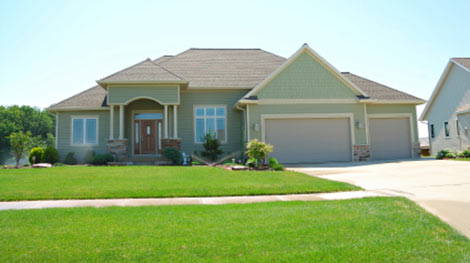San Antonio Hail Stats
 Tuesday night’s hailstorm on the 12th of April was pretty devastating. For San Antonio residents, this is not the first time they have experienced severe weather conditions. In 2001, a storm caused a massive $120 million in hail damage when hailstones of 4, or even 5 and a half inches, were reported hitting the area. Since then, we have suffered further hail damage to our homes and cars.
Tuesday night’s hailstorm on the 12th of April was pretty devastating. For San Antonio residents, this is not the first time they have experienced severe weather conditions. In 2001, a storm caused a massive $120 million in hail damage when hailstones of 4, or even 5 and a half inches, were reported hitting the area. Since then, we have suffered further hail damage to our homes and cars.
The 2001 storm was one of the costliest San Antonio has ever experienced, but there is little doubt that the total cost of Tuesday’s hail storm will also reach well into the millions. Numerous homes and cars were damaged, with hail the size of golf balls and baseballs striking the area. It has been reported that hail as large as 3.5 inches in diameter hit the area, which is greater than the size of a baseball.
Residents have already reported damage, including windshield damage, with the large hailstones even causing some of the windows to be knocked out. There has also been a lot of damage to roofs, damage to siding, issues with the exterior of the homes and holes in decking. With winds gusting as high as 62 mph and heavy rainfall, we can expect severe damage to homes and cars to have occurred.
Hail Statistics for San Antonio, Texas
As far as hail goes, this is expected to be one of the most impactful events to hit the San Antonio area in recent history. Every year, hail causes about $1 billion worth of damage to property and crops. Last year, total damage in the US came to $719 million, including property and crop damage. Hail is one of the most frequent causes of property damage, and every state is at risk.
In 2015, storm season was off to a relatively slow start. It wasn’t until late March that severe weather began to hit San Antonio. Texas became the primary target during the 2015 hail season, experiencing severe hailstorms for over 150 days. The state experienced the largest number of serious hail events that year, with 783 events being recorded.
State Farm reported that in 2015, Texas had more hail and wind damage claims than any other state, with 52,477 hail claims having been filed. Texas also topped the list of damage claims in 2014, with State Farm receiving 51,193 claims. When you look at hail losses between 2000 and 2013, we can see that Texas suffered average claims losses of $859,184,000, ranking it first for average losses per year.
Considering the size of the state and its population, paired with the considerable number of reported hailstorms, it comes as no surprise that Texas often tops the list of damage claims. When it comes to severe weather, it only takes one big event to cause substantial damage to your home and vehicles.
Estimated Cost of Hail Damages
Following the series of recent hailstorms in Texas, experts have weighed in on how much the expected storm damage will amount to. One veteran roofer and independent insurance adjuster estimated that the hail damage could top $1 billion, with this storm being by far the worst he’s come across in the past 15 years.
The United Services Automobile Association said it received roughly 7,500 property claims and 15,000 auto claims at midday Wednesday. Those numbers are only expected to rise once property owners have had a chance to fully assess the damage done to their homes and vehicles.
Of course, San Antonio isn’t alone when it comes to suffering from hailstorms. An insurance trade group has estimated that $600 million in car and property claims will be made following the Fort Worth storms alone, with at least 50,000 vehicles being damaged.
It is particularly concerning since the storm season still has several more months to go. Only time will tell just how damaging this hailstorm has been for San Antonio residents.
The important thing is for home and business owners to remember to take action as soon as they notice any damage has been sustained to their property. Whether it is damage to your home or vehicle, it is important that you document the damage and speak to your insurance company as soon as possible.




